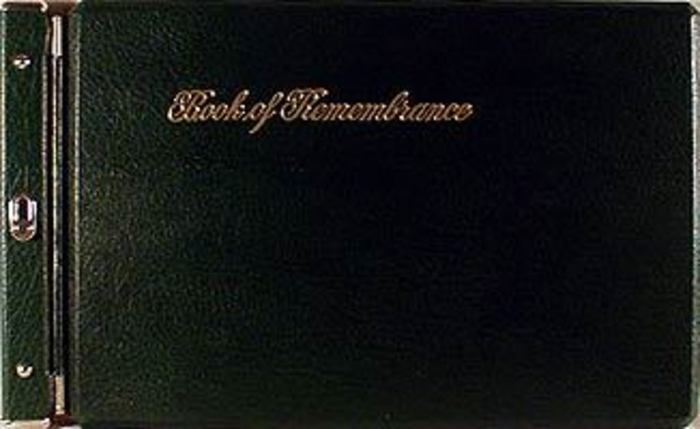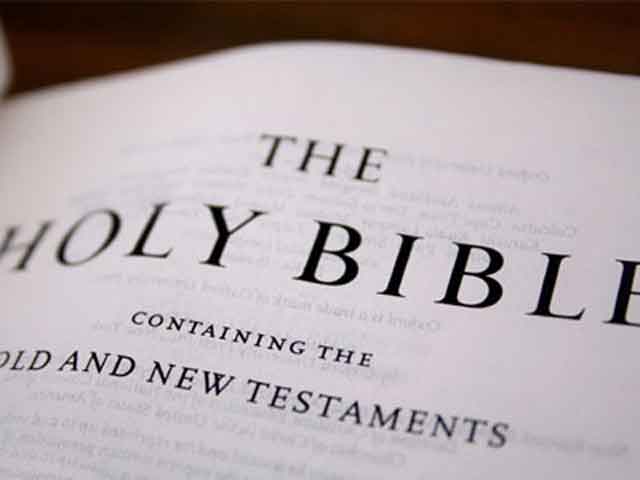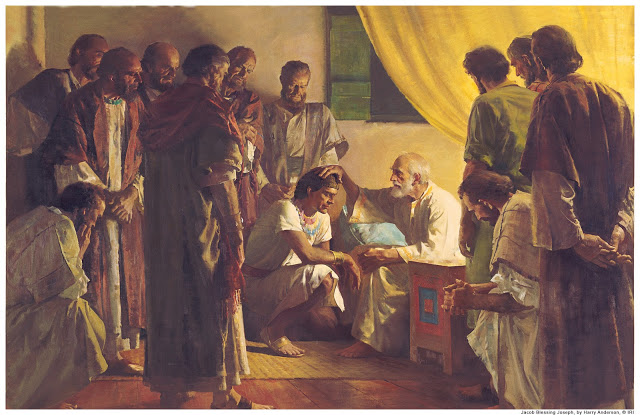Question
Gramps,
Hi. I’ve always been intrigued by the reference in Moses 6:5 about Adam keeping a book of remembrance. My understanding is that it was a book designed to help them remember God’s dealings with them, a spiritual record of sorts. I was wondering if you could shed a little more light on just what a book of remembrance is, other scriptural references to similar records and what a private, modern day book of remembrance would look like, if one had an inclination to create one. Thank you.
Andrew
Answer
Dear Andrew,
Very little is shared in the scriptures concerning that first book of remembrance. It does, however, exist in a larger context of divinely mandated records and we can learn quite a bit about the Lord’s views on record keeping through this and similar examples.
“[A] book of remembrance was kept, in the which was recorded, in the language of Adam, for it was given unto as many as called upon God to write by the spirit of inspiration” (Moses 6:5).
This book was authored by inspired writers. This is a pattern we see in the Book of Mormon. The small plates of Nephi were to be “handed down from one generation to another, or from one prophet to another, until further commandments of the Lord” (1 Nephi 19:4). It is also the pattern we see in the Doctrine and Covenants. The person who keeps “the history … of Zion” is designated “the Lord’s clerk, whom he [the Lord] has appointed” (D&C 85:1). This original book was kept by the early fathers, but we don’t have a direct statement that Adam wrote in it himself. We are first introduced to the book while discussing Seth and Enos after briefly mentioning Adam (Moses 6:1-4), and Enoch mentions that through it “we know them [‘our fathers’] … and even the first of all we know, even Adam. For a book of remembrance we have written among us, according to the pattern given by the finger of God” (Moses 6:45-46). Through this book Enoch taught the lessons of Adam and the early fathers (which is interesting, because Enoch and Adam were contemporaries for a number of centuries).
Our curiosity searches to find the contents of this book. Enoch suggests that it contained a record of the creation and the first generations (Moses 6:44-46). The earlier account of the record gives us the contents of the “book of the generations of Adam” which contained “a genealogy … of the children of God” (Moses 6:8). So this is either another name of the same book, or a subset of the book of remembrance. Abraham has such a book, or more properly, library, for he finds in “the records” (note the plural) “the chronology running back from myself to the beginning of the creation” (Abraham 1:28). It also contains his line of authority, or “the right of the Priesthood”. It had since been added upon, or Enoch didn’t see fit to mention the “knowledge … of the planets, and of the stars, as they were made known unto the fathers” (Abraham 1:31).
Additionally, the strange wording “a book of remembrance was kept, in the which was recorded” does not actually state what was recorded, so we assume the preceding verses contain the recorded content. These verses share an account of ordinances, obedience, and righteousness (Moses 6:3-4). Similarly, The Church of Jesus Christ in our day has been commanded to keep a record of the works of the saints. This record has been given the same name, among others (D&C 85:9), and is in keeping with the Old Testament practice (Malachi 3:16).
What could you put in your own personal book of remembrance? You can follow the example of the original which followed the pattern given by God. You can include ordinances you’ve participated in, and spiritually significant moments in your life (including your own conversion story). You can include an account of your parent or grandparents that you think may be beneficial to your own posterity (Abraham as well as the Book of Mormon authors like to mention their descendants as the target audience). You may want to include official records, such as your priesthood line of authority and patriarchal blessing. Add to that your genealogy and some of the revelations you have received. You can even quote scripture that you’ve found particularly meaningful (the Nephites especially loved doing this) and include why it strikes you so. The overriding theme here is not the particular content, but “to write by the spirit of inspiration”.
Gramps







